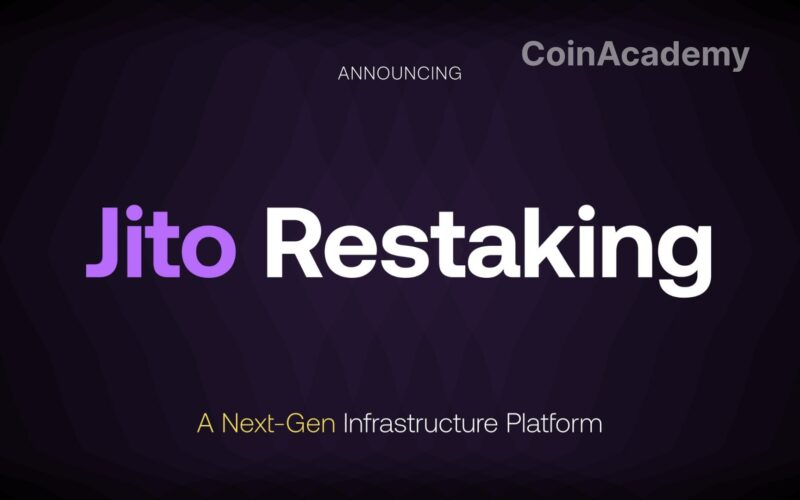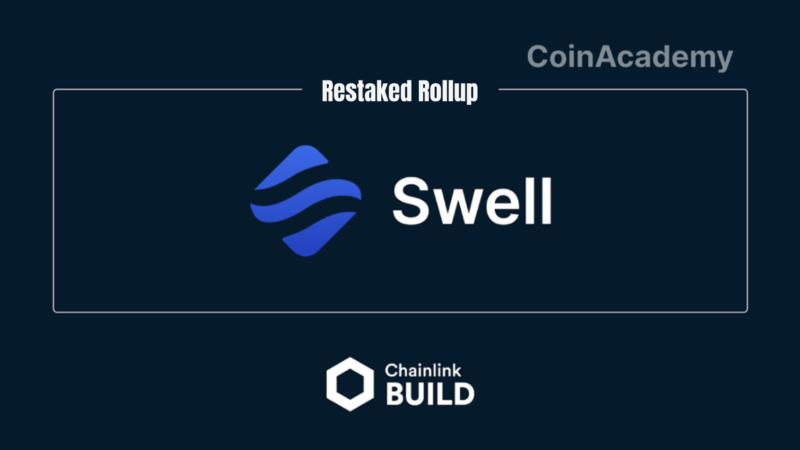Jito Foundation Releases Open-Source Code for Staking and Restaking Program on Solana
The infrastructure project, Jito Foundation, has reached a significant milestone by publishing the code for a staking and restaking program on the Solana blockchain. This service, yet to be implemented, is a first for the network and has the potential to transform how Solana-based protocols secure their applications.
Restaking: A New Form of Economic Security
The concept of restaking theoretically allows blockchain networks to utilize the value of other staked assets as a form of collateral, ensuring the integrity and honesty of the network. The code released by Jito, although not yet audited, is expected to enable any Solana-based protocol to implement a mechanism for providing economic security to nearly all on-chain applications or actively validated services (AVS).
What sets Jito’s restaking apart is the ability for users to secure AVS with any crypto asset of their choice.
Comparison with EigenLayer
Jito’s proposed restaking differs from the one popularized by EigenLayer on the Ethereum network, which limits collateral to ETH, certain derivatives of ETH, and native EIGEN tokens. The flexibility and customization offered by Jito’s architecture will be particularly useful for AVS, considered the most important clients of these systems, according to Lucas Bruder, a contributor to the Jito network.
Advantages for Solana Protocols
Many protocols and startups are looking to develop restaking services for Solana. With the release of its code, Jito is taking the lead in this race, although the code has not yet been implemented on the mainnet.
Implementation is planned for later this year. The flexibility of Jito’s restaking could provide significant benefits in terms of security and functionality for Solana protocols.




